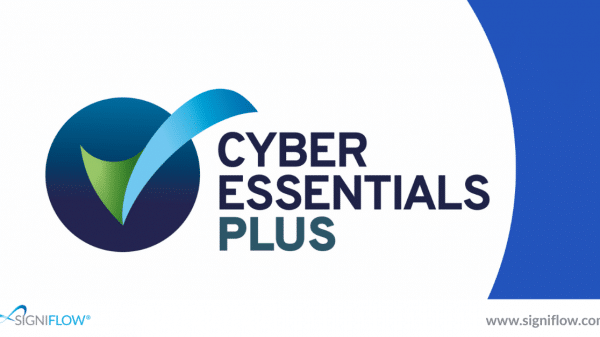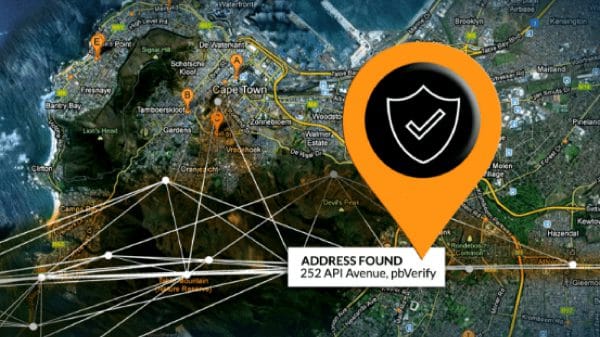Strong Customer Authentication: In today’s hyper-digital world, characterised by online transactions, it is more important than ever to protect your identity.
For businesses with a presence in online retail, 14 March 2022 was the deadline to ensure full compliance with Strong Customer Authentication (SCA) – or risk customer purchases being declined.
The SCA is a new set of rules adopted by the Financial Conduct Authority in 2019 to help protect customers from fraud when they are shopping online.
Since the March deadline just passed, consumers should now expect to be asked to verify their identity when they purchase something online. For instance, this verification could be done via the consumer’s banking app or a one-time passcode via text or phone call.
According to The Guardian, the move is the biggest change to card payments since chip and pin was initiated 16 years ago, and is designed to reduce the £376m lost to online fraud in 2020.
Universal fraud
Fraud is an ongoing and relentlessly growing problem, with criminals stealing more than £750 million in the first 6-months of 2021 alone, according to UK Finance. For this reason, it is more important than ever before that additional protections, such as SCA, are put in place and adhered to.
However, fraud is a universal concern, which is not limited to online purchases. Consider this: If one of your important documents gets tampered with, the impact could be far greater than a simple security breach.
Additionally, if you have no way of proving that tampering took place, your chances of seeing justice in court are all but zero.
It is critical to know who is signing documents when they’re signed online. If a fraudster signs a document, the entire transaction will be shrouded in doubt.
How to safeguard your identity online
Of course, no one can guarantee the complete safety of your personal information. But you can reduce the risks by changing your online behaviour:
- Use separate email IDs for your work and personal needs.
- Passwords need to be strong. Use a good password manager tool if you can’t think of one, and to help you keep track of your numerous passwords.
- Use two-factor authentication (2FA) as often as possible.
- Make sure you have a firewall and antivirus software on all your devices.
- Avoid using public Wi-Fi networks, especially when sharing documents or any other important personal information.
- Occasionally, look for your name on Google. Make sure you have complete control over everything that appears online about you.
- Ensure you use an electronic signing platform that protects your personal data and includes multiple levels of security and authentication. Being able to access or electronically sign a shared document offers no security whatsoever and puts your important documents at risk of fraud.
Without a doubt, information is your greatest ally in the digital age. Keep up with the latest digital security trends and rest assured that every document you fill in or sign is protected from unauthorised access and hacking attacks.
SigniFlow offers legally-binding, advanced eSignatures. From drafting agreements, to signature and storage, SigniFlow ensures your data is protected. Get in touch today to find out more, or to discuss your unique business needs.
REFERENCES



























